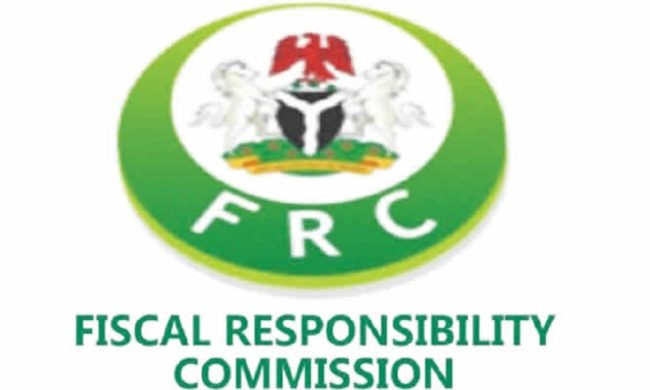The Fiscal Responsibility Commission (FRC) has listed job creation, growth stimulation through investment, and diversification of revenue sources among the compelling reasons to back President Bola Tinubu’s tax reform bills.
The four bills, which were introduced to the National Assembly in October 2024, are currently undergoing public hearings at both the Senate and the House of Representatives.
They are: The Nigeria Tax Bill (NTB) 2024; The Nigeria Tax Administration Bill (NTAB) 2024; The Nigeria Revenue Service (Establishment) Bill (NRSEB) 2024; and The Joint Revenue Board (Establishment) Bill (JRBEB) 2024.
Speaking while presenting the position of the commission on Wednesday, the Chairman of the FRC, Mr Victor Muruako, said the bills aligned with the provisions of the Fiscal Responsibility Act, 2007, which has the objectives of promoting prudent financial management, macroeconomic stability, and transparency in fiscal policy.
Muruako explained that tax reforms are necessary to strengthen Nigeria’s economic framework and uphold the nation’s fiscal responsibility principles.
The chairman highlighted the critical need for diversified revenue sources, reduced dependence on volatile oil markets, and improved fiscal transparency to prevent excessive and unsustainable government spending.
“A simplified and more predictable tax system, combined with targeted incentives, will encourage investment, stimulate economic growth, and create jobs, thereby reinforcing the nation’s fiscal position,” the commission’s Head, Strategic Communications Directorate, Mr Bede Anyanwu, quoted Muruako as saying.
The commission made key recommendations to the National Assembly, covering several areas as follows:
-
Modernisation and Harmonisation of Tax Operations: Streamlining the tax administration system to enhance efficiency and reduce bureaucratic bottlenecks.
-
Support for Small-Scale Businesses: Creating tax incentives and frameworks that encourage the growth of Micro, Small, and Medium Enterprises (MSMEs).
-
Equity and Fairness in Taxation: Ensuring a balanced tax system that does not disproportionately burden any segment of the economy.
-
Enhanced Compliance and Enforcement: Strengthening mechanisms to curb tax evasion and improve revenue collection.
-
Adjustment of Revenue Allocation: Reviewing fiscal allocations to ensure fair distribution of resources across federal, state, and local governments.
The FRC reiterated that if these reforms are successfully passed, Nigeria will benefit from a more efficient, equitable, and growth-oriented tax system, fostering a business-friendly environment while increasing government revenue for developmental projects.
ALSO READ FROM NIGERIAN TRIBUNE




